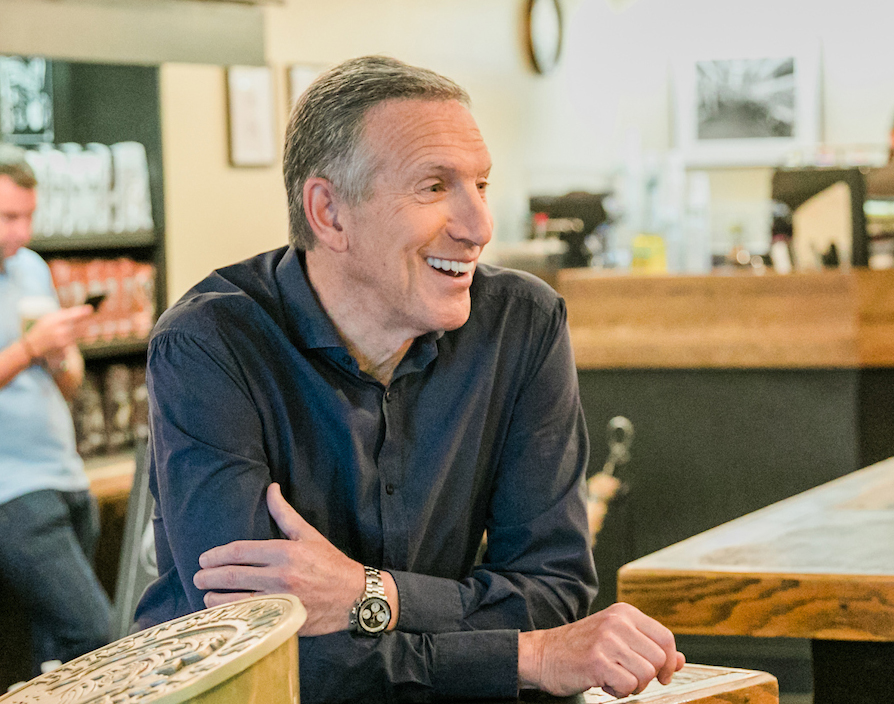What’s the one thing every Brit running to catch the tube on time every morning can relate to? That cup of coffee, of course.
Starbucks hardly needs an introduction but it has changed the way we drink coffee not only in UK since 1998 but also on a global scale.
It’s the end of an era for Starbucks as executive chairman Howard Schultz, who was also CEO for decades up until 2017, has spilled the beans about his departure from the firm after making it one of the top five most admired companies according to Forbes.
Schultz saw Starbucks grow from 11 cafes to 28,000 in 77 countries. In fact, Starbucks had 345 company-owned stores in the UK alone, according to 2017 figures -“and that’s before factoring in the franchised locations. As a key architect, Schultz held the posts” of Starbucks CEO and chairman after he joined in 1982. The company has now welcomed Myron E. Ullman as the new chair in the board of directors.
Even though Schultz stepped down before in 2000, he returned when Starbucks hit the low tides to brew a turnaround. Under his leadership, its share price rose by 21,000% since it went public in 1992 and Schultz was responsible for turning the tiny coffeehouse to a global name for everyone who needed their daily caffeine fix.
Along with the coffee bars he also changed the lives of communities by supporting social causes. And in a letter to all its franchisees, Schultz encouraged them to keep innovating and said: “We did it together, by balancing profitability and social conscience.”
Getting the title of chairman emeritus on Tuesday June 26, Schultz will now focus on “giving back” – and running for president might be an option. He has been vocal about his support towards Hilary Clinton in the past few years and repeatedly criticised Trump for his racist laws. After Schultz steered the company towards anti-racist training for the staff, time will tell whether the legacy of Starbucks will carry on the same way without the ‘Steve Jobs of Starbucks’.
In a statement on his departure, Schultz said: “I’ll be thinking about a range of options for myself, from philanthropy to public service, but I’m a long way from knowing what the future holds.”
Even though he has been responsible for saving the firm from downfall before, he won’t be available next time around but his second shot at departing the company should be smoother than the last.

Varsha Saraogi
As feature writer and a recent MA Journalism graduate, Varsha has joined the Elite team to fuel her passion. Along with being immersed in the money making sector and ranting about women's rights, she will be hunting for news about everything business related. And burying her head in economic magazines. Follow her on twitter at @msvarshasaraogi for her mundane musings.

Varsha Saraogi
As feature writer and a recent MA Journalism graduate, Varsha has joined the Elite team to fuel her passion. Along with being immersed in the money making sector and ranting about women's rights, she will be hunting for news about everything business related. And burying her head in economic magazines. Follow her on twitter at @msvarshasaraogi for her mundane musings.


































